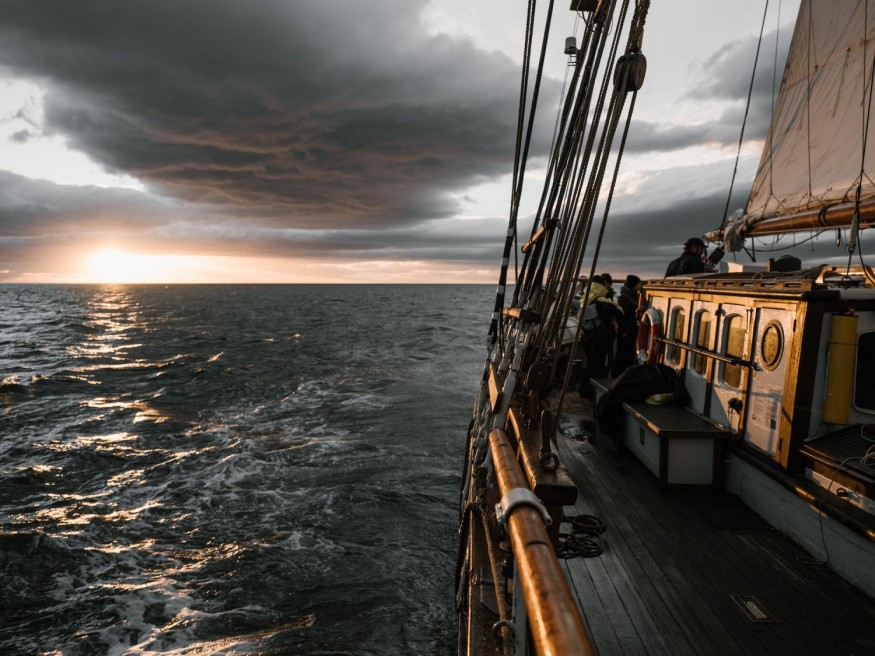
By repeating Charles Darwin's legendary journey, which he took while sailing around South America over 200 years ago, a group of naturalists hopes to inspire a new generation of conservationists.
The crew of the Dutch tall ship Oosterschelde, which departed from Plymouth, will travel with 200 bright young scientists who will collaborate on projects in several nations along the way.
Join us THIS MORNING as we wave off Oosterschelde as she begins her two year Global voyage with Darwin200. 👏🏻
— Darwin200 (@darwin200_) August 15, 2023
⏰ Arrival just before 8am (the ship leaves at 8am)
📍 Sutton Harbour Plymouth#oosterschelde #darwin200 pic.twitter.com/wL5zlGyLrI
The team's captain, Stewart McPherson, intends to start a "ripple effect" among the largely 18 to 25-year-old team members by giving them the motivation and information they need to safeguard species back home.
"Everyday people" who are "stubborn" and "won't let animals or plants fall off the cliff of extinction" are the ones who were picked, according to Mr. McPherson.
Darwin legacy
Charles Robert Darwin is an English scientist whose scientific theory of evolution by natural selection served as the cornerstone of contemporary evolutionary studies.
Darwin boarded the HMS Beagle in 1831 at the age of just 22.
He traveled around South America and the Pacific for five years, stopping in Australia and New Zealand before crossing the Atlantic to return to England.
The greatest legacy left by her great-great-grandfather, according to Dr. Sarah Darwin, a researcher at Berlin's Museum Fur Naturkunde, is the knowledge that people are just as much a part of nature as any other species.
"I always think it is very much worth reminding ourselves on a daily basis that humans and the rest of the living world share a common origin," she said in an interview.
She is confident that the current initiative, formally known as Darwin200, will develop a network of conservationists who will be better able to safeguard environments and species than if they were to do so alone.
Young scientist
Dame Jane Goodall, who has worked to encourage more people to appreciate and protect the natural world for the past 60 years by researching chimpanzees, is a patron of the expedition.
She thinks that everyone is aware that we are experiencing the sixth great extinction, and there is a lot of doom and gloom around environmental issues, climate change, and biodiversity loss.
"This voyage will give many people an opportunity to see there is still time to make a change. We all have a role to play," she added
The young conservationists, called as Darwin leaders, will work on projects while the ship is parked, creating a short film, a written report, and an essay about one of the countless species Darwin investigated on his trip while considering how to best protect them.
In addition to documenting microplastic pollution and re-creating some of Darwin's studies on ballooning spiders, so named because they weave webs to catch the wind and fly by air, the researchers on board will also perform surveys on biodiversity and air temperatures.
Additionally, participants are invited to participate in online games and contests in what McPherson referred to as the "most exciting classroom in the world."
The expedition is trying to fill spots for several legs around South America, between Rio de Janeiro and Puerto Lucia in Ecuador, he said, adding that 30 youngsters would visit the Galapagos - the "magical, sparkling jewel in the voyage" - and that others can join parts of the voyage as passengers.
Related Article : Darwinian Theory of Evolution Found in Abrupt Shifts in Animal Evolution: New Research
Related Video:
© 2026 NatureWorldNews.com All rights reserved. Do not reproduce without permission.





